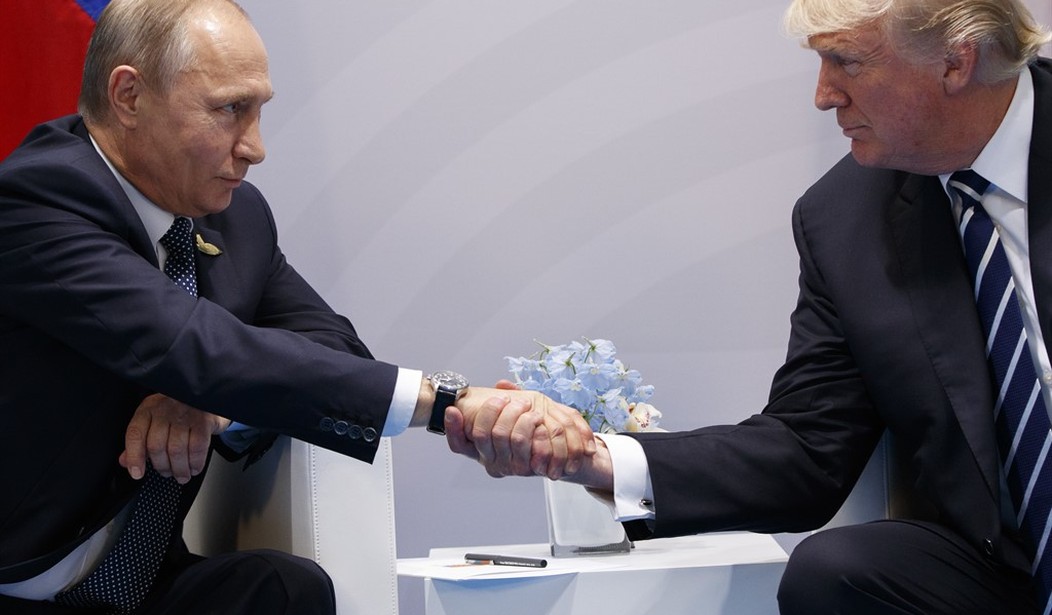According to the Associated Press and other news outlets, the war in Syria between Bashar al-Assad and various rebel groups will come to a halt on Sunday. The US and Russia agreed on terms for a cease-fire between the combatants in the years-long Syrian civil war, while maintaining the fight against ISIS.
But what about the haaaaaannnnndshaaaaaakes?
The deal marks a new level of involvement for the U.S. in trying to resolve Syria’s civil war. Although details about the agreement and how it will be implemented weren’t immediately available, the cease-fire is set to take effect Sunday at noon Damascus time, said the officials, who weren’t authorized to discuss the cease-fire publicly and spoke on condition of anonymity.
Jordan and Israel also are part of the agreement, one of the officials said. The two U.S. allies both share a border with the southern part of Syria and have been concerned about violence from Syria’s civil war spilling over the border.
The deal is separate from “de-escalation zones” that were to be created under a deal brokered by Russia, Turkey and Iran earlier this year. The U.S. was not a part of that deal. Follow-up talks this week in Kazakhstan to finalize a cease-fire in those zones failed to reach agreement.
Did this come out of today’s marathon tête-à-tête between Donald Trump and Vladimir Putin, or Rex Tillerson’s efforts earlier in the week? CBS News pointed out that Tillerson had prioritized the Syrian conflict in the preliminaries to the G-20 summit, and that he may have unlocked the puzzle for greater cooperation:
DEVELOPING: The U.S. and Russia are reportedly going to announce a ceasefire in Syria on Sunday at noon https://t.co/vNwMvx0KHj pic.twitter.com/Rgd9ZSmjnE
— CBS News (@CBSNews) July 7, 2017
Both men will take credit for the cease-fire, as long as it succeeds. That’s why governments stage summit meetings — to frame agreements as the successes of the heads of government.
The no-fly zones are a particular win for Tillerson, if the agreement does include them. Last month, the US attacked Syrian forces after coming too close to anti-ISIS forces backed by the US, and shot down a Syrian jet that bombed those positions. If the Russians agree to enforce no-fly zones around the ISIS battlefields, that’s one less potential flashpoint for several armed groups that could easily lead to chaos.
The question will be what the US conceded in the compromise. It’s almost certainly the ouster of Assad, as Russia sees him as a key client in the region, but that was all but inevitable anyway. Russian military intervention saved Assad from an overthrow, and the lack of US “red line” action before Russia intervened allowed that to happen. Barack Obama’s decision to let Putin take the lead on Assad’s chemical-weapons stores may not be the most fateful moment in Assad’s survival, but it’s certainly among the most significant.
The Daily Beast’s Spencer Ackerman offered a pessimistic view of what the agreement would entail:
After a dizzying series of policy shifts on Syria, administration and congressional sources tell The Daily Beast that Team Trump is introducing the beginnings of a new strategy for Syria—one that, in the short term at least:
• leaves dictator Bashar al-Assad in power;
• acquiesces to the idea of “safe zones” proposed by Russia and its allies;
• leans on cooperation from Moscow, including the use of Russian troops to patrol parts of the country. …
The goal of the emerging strategy is to deal the so-called Islamic State a lasting defeat. Right now, the American government’s Syrian allies, backed by special operations forces, are outracing the larger questions about what happens after they oust ISIS from places like its Raqqa stronghold. The U.S. has learned to its sorrow in Iraq that without a real force to hold territory taken from insurgents, the insurgents will return.
Right now, the best option in both immediate humanitarian terms and longer-term strategy is to stop the killing in the western part of Syria while destroying ISIS in the east. If the cease-fire allows for that, then it’s probably the best we can get in the short run, and leaves our options open to press for serious reform in the longer term — no matter how hopeless that may be while Assad’s in control. That’s been hopeless for the last three years anyway. If the Trump administration has concluded that they need to prioritize the fight against ISIS, that’s a rational conclusion, even if it means having to recognize the limits of our ability to push Russia out of the way.








Join the conversation as a VIP Member